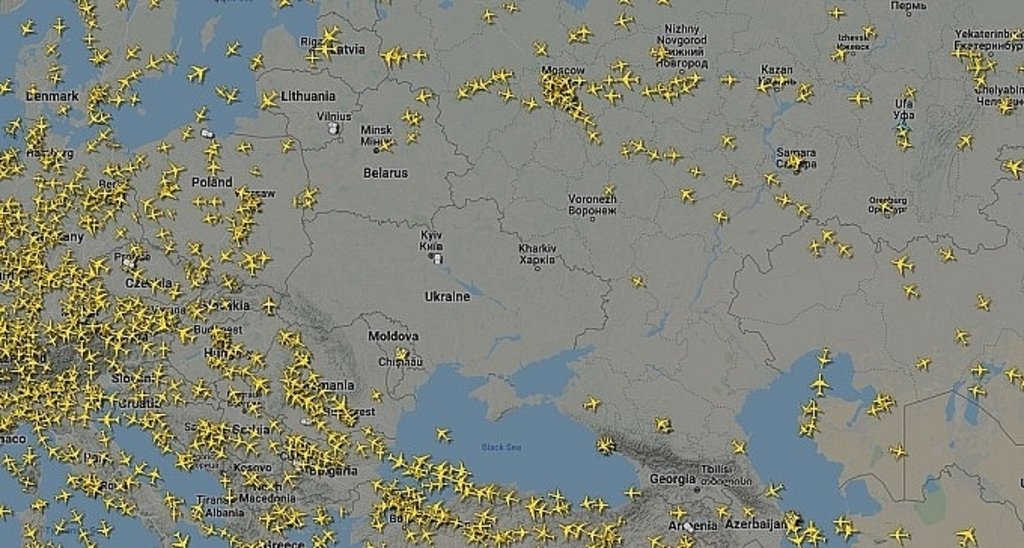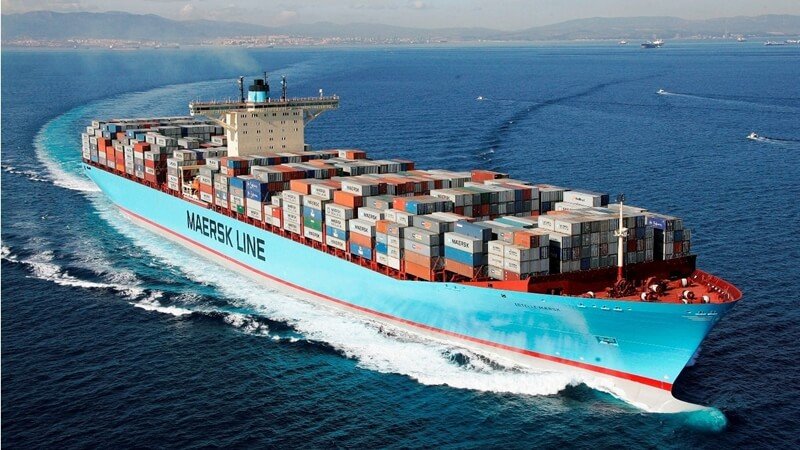HIGHLIGHTS
- Cargo flows may also be disrupted by military events, directly impacting marine shipping routes that always choose ports with stable sources of cargo.
- Airlines in the region are also under pressure as commercial planes are forced to avoid Ukrainian airspace.
- French logistics operator, Geodis, said it expected further airspace closures or airline-specific restrictions.
FULL ARTICLE
Commercial shipping activities are affected by the crisis
Most services around Russia are still operating but could be sidetracked by last-minute disruptions as diplomatic tensions between Russia and Western nations intensify. If tensions continue, sanctions against Russia from the West will impose stricter customs checks, prolonging more transit time of goods than usual. Cargo flows may also be disrupted by military events, directly impacting marine shipping routes that always choose ports with stable sources of cargo.
In particular, according to information on maersk.com, about 70% of Ukraine’s imports and exports come and go by sea, and the ports in Odessa currently handle three-quarters of this volume. If the port of Odessa is affected, supply and logistics operations in Ukraine will be severely disrupted.
Airlines in the region are also under pressure as commercial planes are forced to avoid Ukrainian airspace. On February 25, Russia banned flights from the UK as part of retaliation for the UK’s ban on commercial flights from Russia a day earlier.

Instant solutions should be operated
Glenn Koepke, general manager of network collaboration at FourKites Inc., a Chicago-based freight-tracking technology supplier, said the war will cause steep shipping rate increases, especially between Asia and Europe, as the conflict disrupts movement of goods by ocean, air and land.
Seaway
Before the latest moves in Ukraine, A.P. Moller – Maersk was forced to announce that they would not call any ports in Ukraine until further notice and stopped accepting orders to and from Ukraine. The cargo currently on its way to Ukraine will be unloaded at Port Said and Korfez.
Maersk said their operators will closely monitor the events to forecast more details about the situation. Right now, their strategic teams are putting most efforts on keeping global logistics operations as stable as possible.

Air
The military conflicts also cause delays for air transportation. Two Flexport freighter 747s, which normally fly through Russian and Ukrainian airspace between Asia and Europe, now have to take a longer route through the Middle East.
French logistics operator, Geodis, said it expected further airspace closures or airline-specific restrictions; which will certainly reduce capacity and raise freight rates.
Land
FourKites Inc. also said that cargo volumes that move by rail from China through Russia to Europe could be shifted to sea or air if freight connection is disrupted. The company says more than 300,000 containers, measured in units of 20 feet, were shipped by rail from China to the European Union in the first six months of last year alone. This volume may put more weight on the shoulders of air and marine carriers, and freight rates in these transport markets will increase even more.

Flexport Inc., a US-based logistics technology platforms provider, said that as of February 25, they have stopped accepting reservations on Siberian railways; instead, they will provide alternative solutions by air and sea. Ryan Petersen, Flexport’s chief executive officer, said the company did so primarily out of concern that customers could lose goods if service was disrupted.
Mai Phạm
Russia and China on their gigantic gas supply agreement













